The World Health Organization (WHO) has declared a global emergency over the monkeypox epidemic. So how can monkeypox be prevented?
Monkeypox is a rare disease caused by a virus that is a relative of smallpox. It was first discovered in 1958 in monkeys and causes an outbreak of chickenpox-like illness. Hence the name monkeypox.
There are two common strains of monkeypox: The Congo strain is usually more severe, with a mortality rate of 10%;
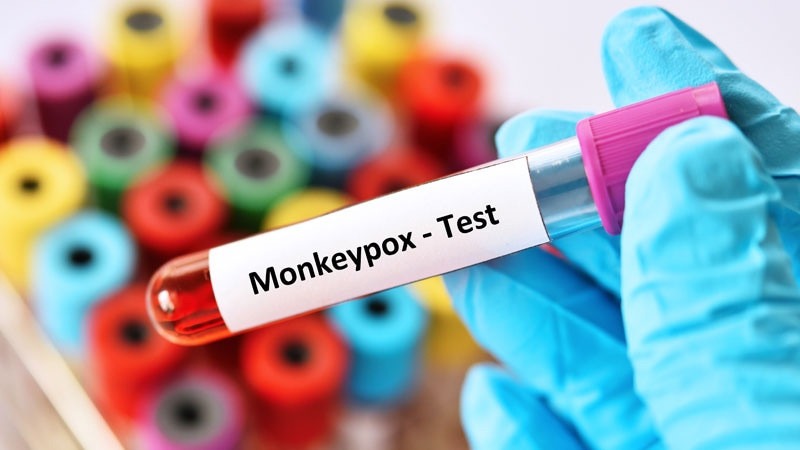 |
| The World Health Organization has declared a global emergency over the monkeypox outbreak. |
The second strain, concentrated in West Africa, is less severe and usually fatal in 1% of cases. Currently, most patients in the UK have the West African strain of smallpox.
Most people with monkeypox recover completely within two to four weeks. The monkeypox virus is not as contagious as Covid-19, and is considered very unlikely to cause a pandemic of similar magnitude.
To prevent monkeypox, the Ministry of Health requests departments, branches, agencies and units in the area to continue to strictly implement the directions of the Government and the Prime Minister on strengthening the prevention of monkeypox and guidelines for monitoring and preventing monkeypox; diagnosing and treating monkeypox; preventing monkeypox infection in monkeypox examination and treatment facilities of the Ministry of Health.
Strengthen surveillance to detect suspected cases right at the border gate; proactively monitor at medical examination and treatment facilities, pay attention to integrating surveillance and prevention with HIV/AIDS prevention and control activities, monitor at medical examination and treatment facilities for gynecology, dermatology, public and private medical facilities providing HIV/AIDS prevention and control services.
Organize training for medical staff at all levels on monitoring, prevention, care, treatment, and prevention of mpox infection.
Review and update plans and scenarios for disease prevention and control according to situations to be ready to respond when an epidemic occurs in the area; prepare medicines, equipment, human resources, and funding to implement measures for admission, treatment, and disease prevention and control.
Strengthen information and communication on measures to prevent and control Monkeypox epidemic according to the recommendations of the Ministry of Health (attached), focusing on communication for high-risk subjects.
Strengthen inspection, supervision and direction of epidemic prevention work in localities.
Institutes of Hygiene and Epidemiology/Pasteur, and end-line hospitals treating infectious diseases analyze, evaluate, and closely monitor the monkeypox epidemic situation in localities to promptly detect new and unusual cases, clusters of cases, sources of infection, and pathogens (if any).
Proactively report and advise the Ministry of Health on implementing epidemic prevention and control measures. Review and prepare equipment, biological products, and testing techniques for diagnosis and treatment.
Continue to organize training and support localities in monitoring, handling outbreaks, treating infected cases; support sample collection and diagnostic testing techniques.
Be proactive and prepare medicines, equipment, human resources, and funding to implement measures to classify, admit, treat, prevent, and control epidemics.
For the people, to prevent monkeypox, the Ministry of Health recommends 6 measures for people such as: Cover your mouth and nose when coughing or sneezing, preferably with a cloth or handkerchief or disposable tissue or sleeve to reduce the spread of respiratory secretions; wash your hands with soap and clean water or antiseptic solution immediately after coughing or sneezing. Do not spit indiscriminately in public places.
Wash your hands regularly with soap and water or hand sanitizer.
People with symptoms of acute rash of unknown cause accompanied by one or more suspicious symptoms should proactively contact a medical facility for timely monitoring and consultation; at the same time, they should proactively self-isolate and avoid sexual intercourse.
Avoid close contact with sick people, avoid direct contact with wounds, body fluids, droplets and objects and utensils contaminated with pathogens.
In case there is someone at home/workplace who is infected or suspected of being infected, it is necessary to notify the medical facility for timely advice and treatment, do not self-treat.
People traveling to countries where monkeypox is endemic should avoid contact with suspected/infected people, mammals (dead or alive) such as rodents, marsupials, and primates that may contain monkeypox virus. When returning to Vietnam, proactively report to local health authorities for advice.
Ensure food safety; practice a healthy lifestyle, increase physical activity, improve health.
It is known that in 2024, especially in the last 2 months, the World Health Organization (WHO) recorded an unusually high increase in the number of monkeypox (mpox) cases in the Democratic Republic of Congo.
Since the beginning of the year, the country has recorded about 15,600 cases, including more than 537 deaths;
Clade Ib mpox virus is the dominant clade in the epidemic in this country. Initial findings show that some epidemiological characteristics of the disease are different from those in the previous epidemic in 2022-2024 in the European region and some other countries, such as younger cases (about 50% under 15 years old, about 39% under 5 years old), transmission through female sex workers (7.5%) and infection among household members.
In addition, four countries bordering the Democratic Republic of the Congo (Burundi, Kenya, Rwanda and Uganda) have reported their first cases of mpox epidemiologically linked to the ongoing mpox outbreak in the Democratic Republic of the Congo. Two other countries outside Africa (Sweden, Pakistan) have also reported cases of clade Ib mpox.
Given the developments of this mpox epidemic and the risk of spreading to other countries, WHO declared a public health emergency of international concern (PHEIC) for the mpox epidemic on August 14, 2024.
Source: https://baodautu.vn/sau-khuyen-cao-phong-chong-dau-mua-khi-d223874.html






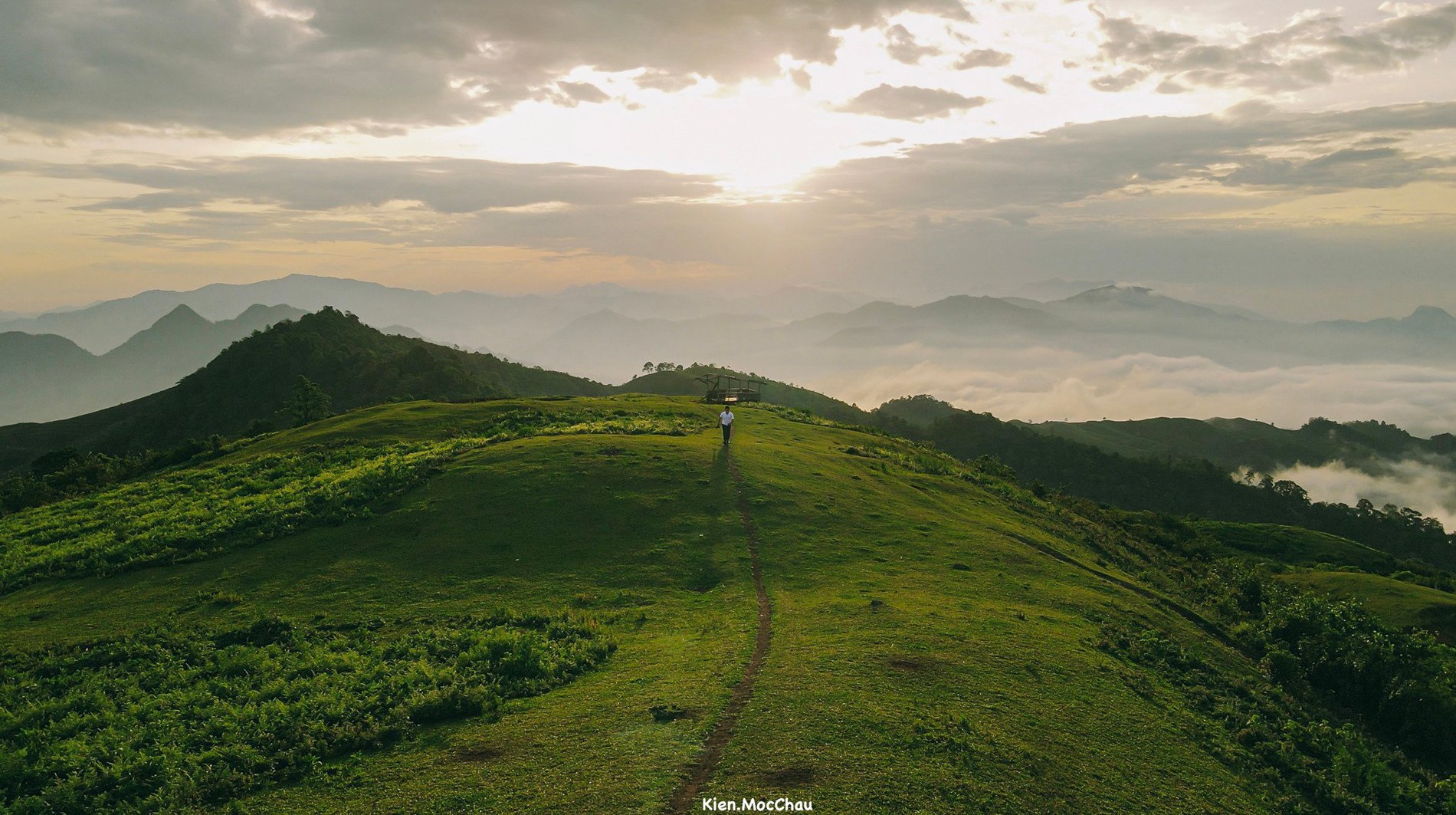

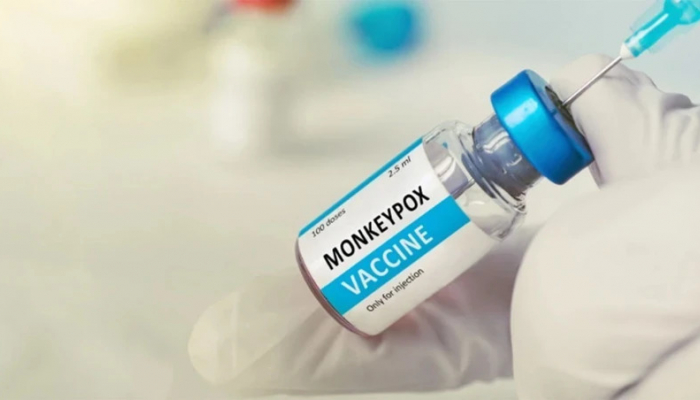

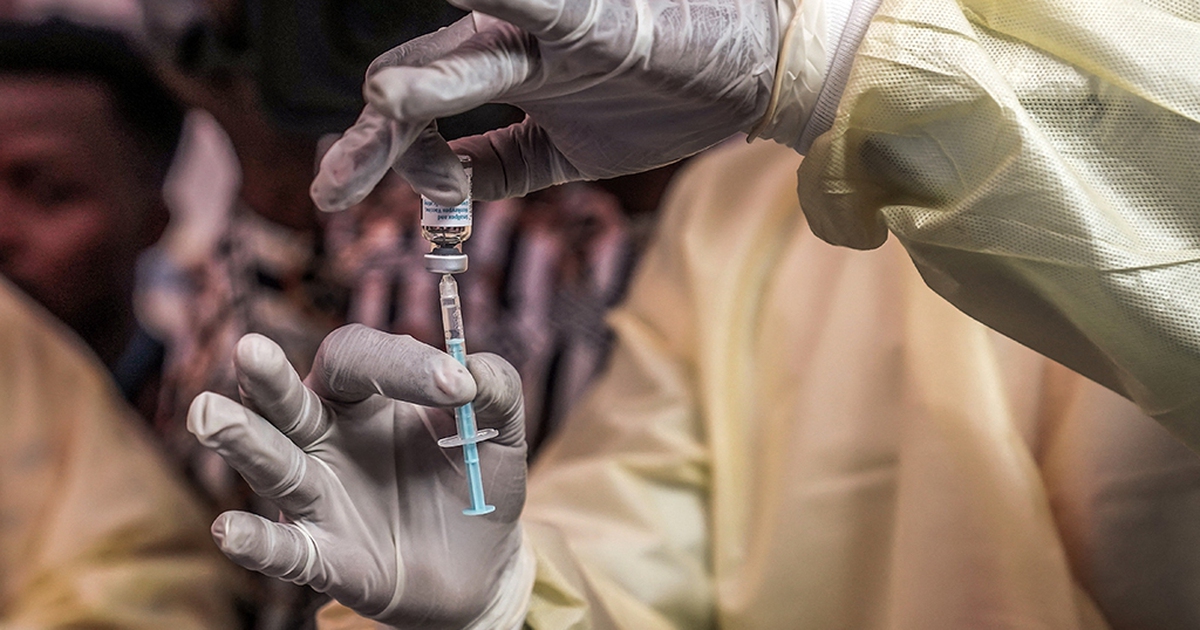

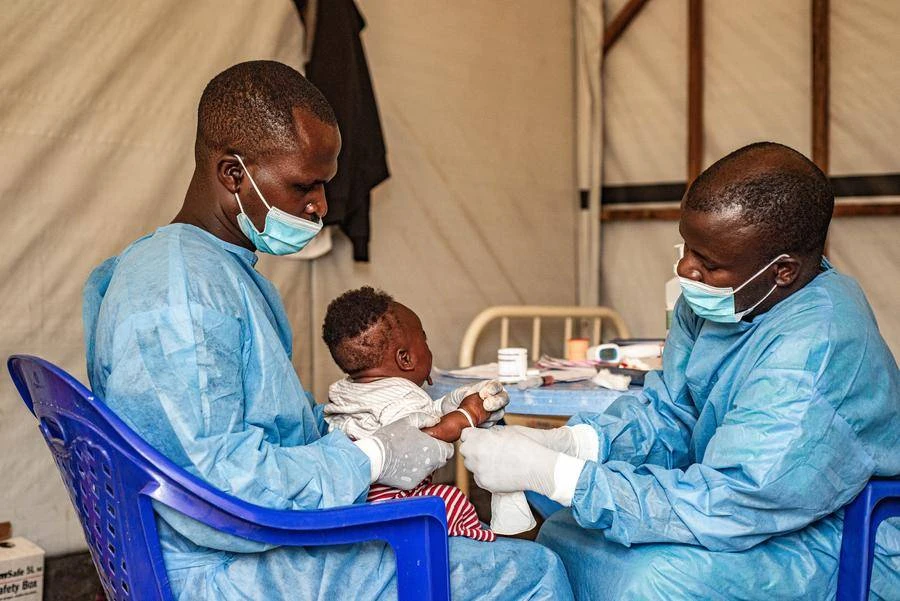

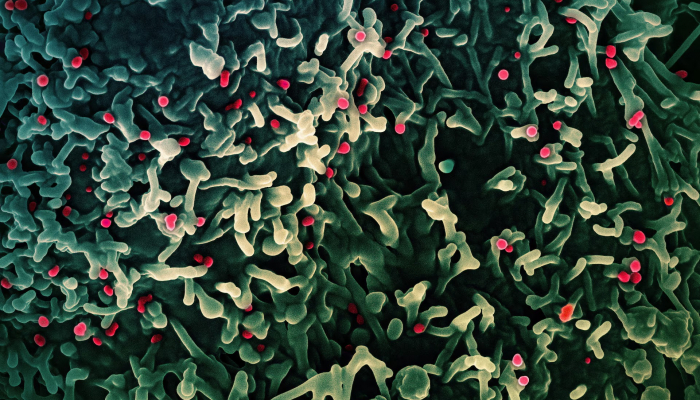
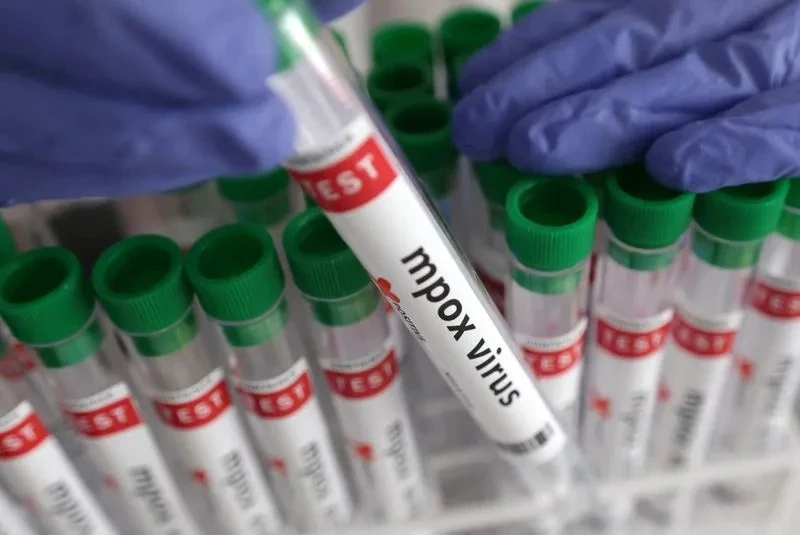
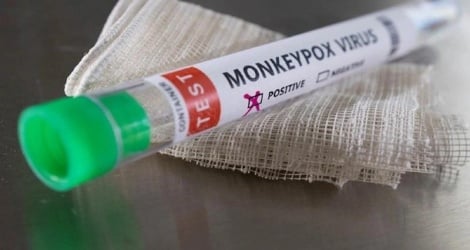







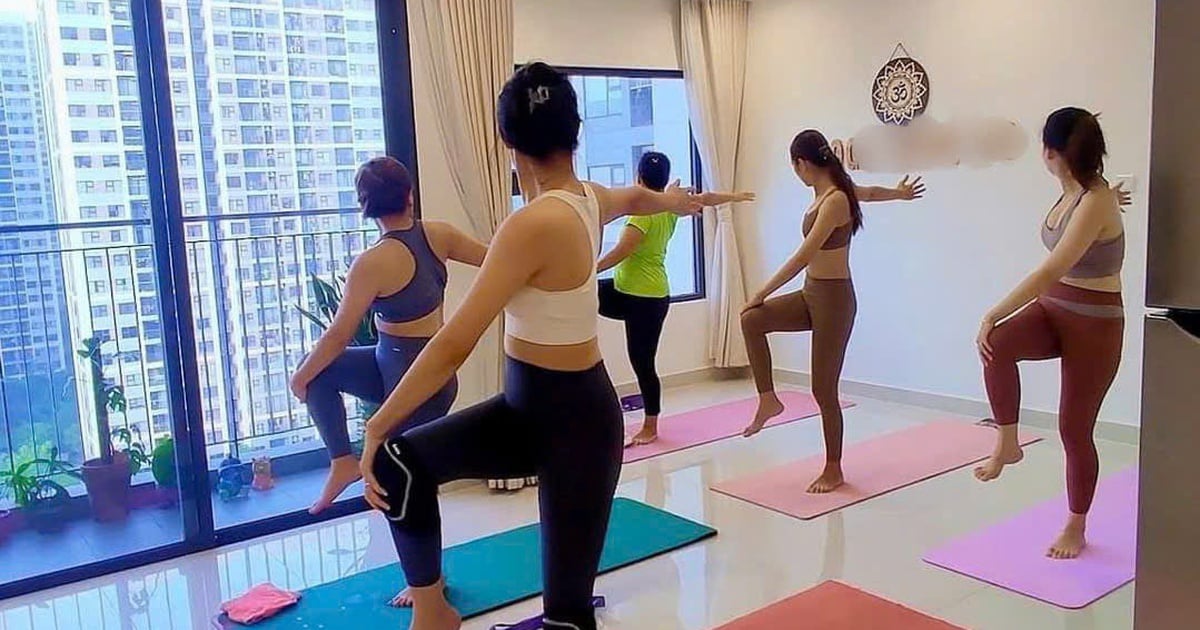
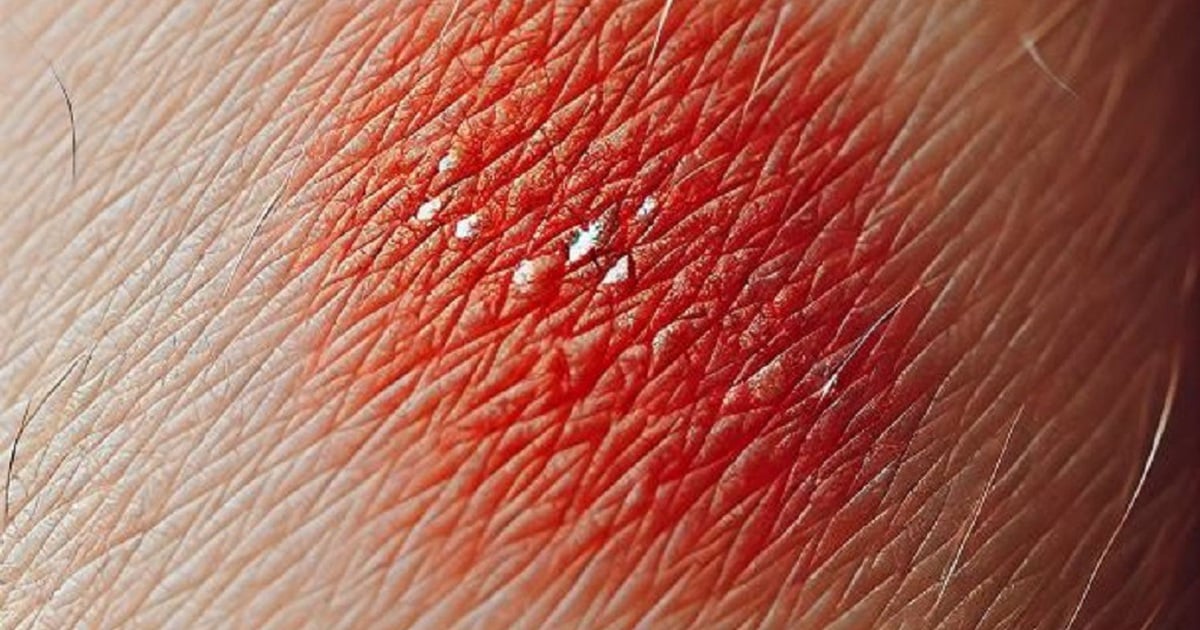




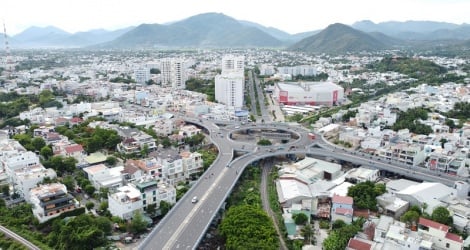

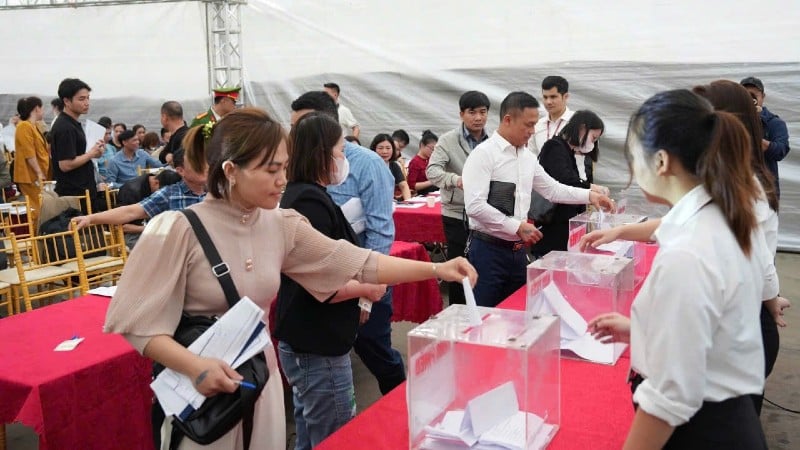



























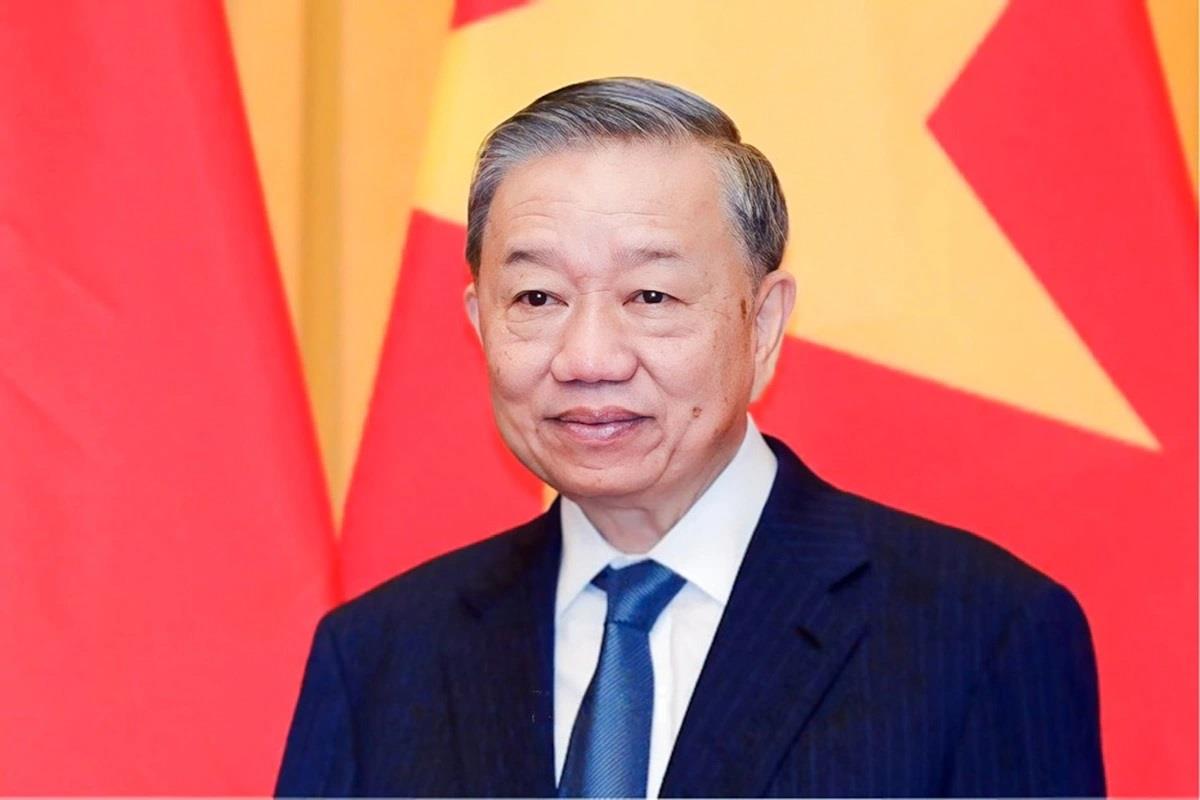

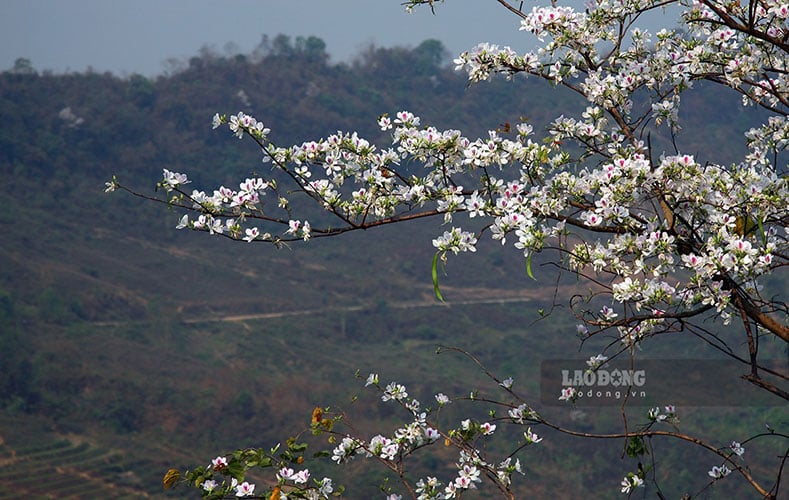

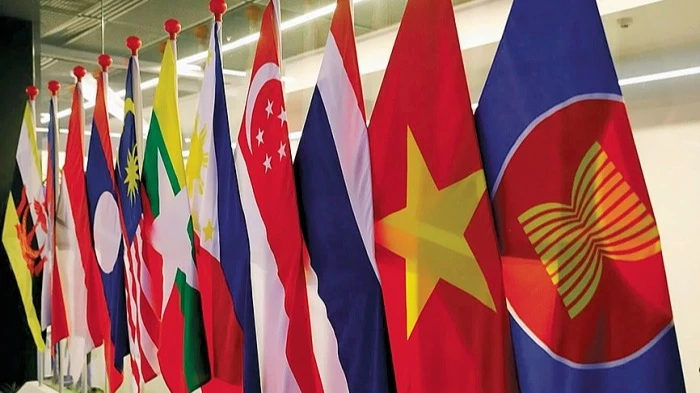










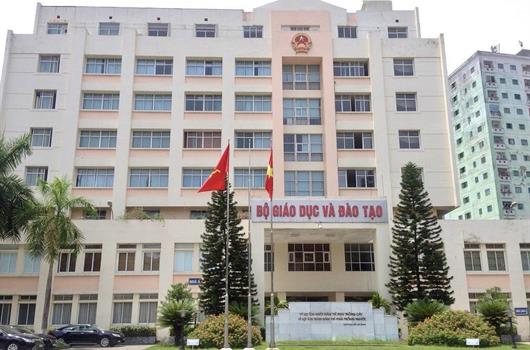






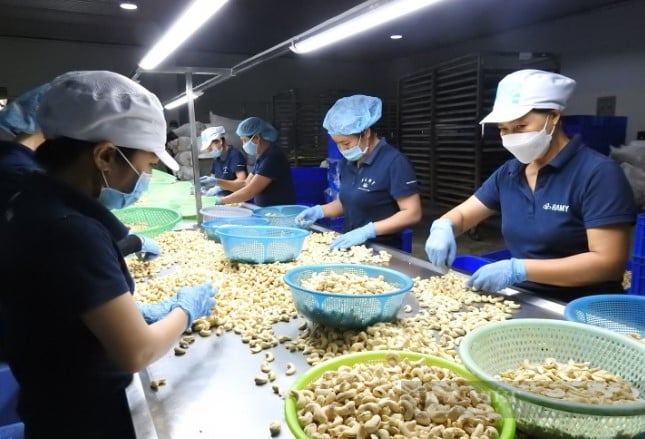

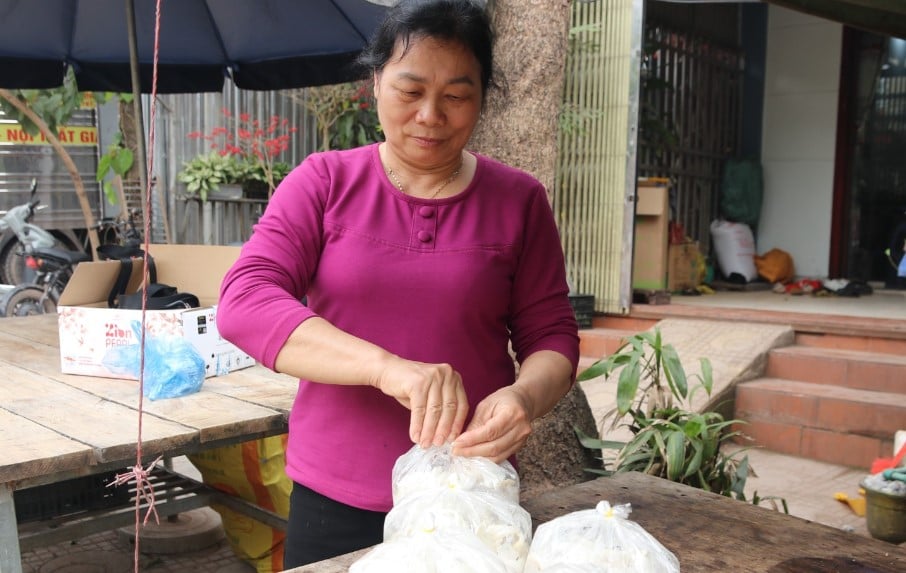


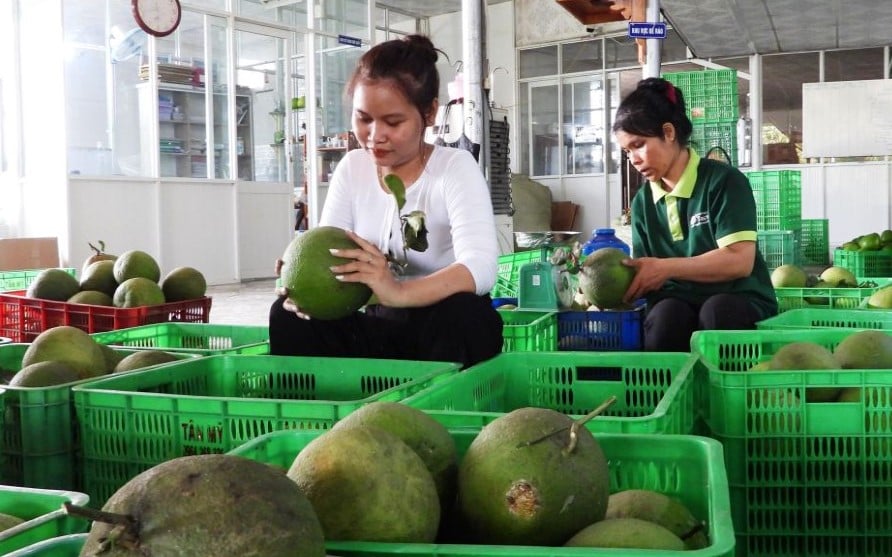



Comment (0)